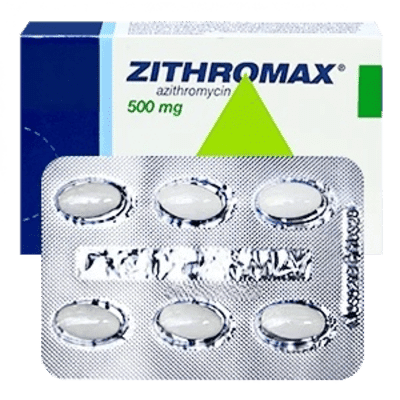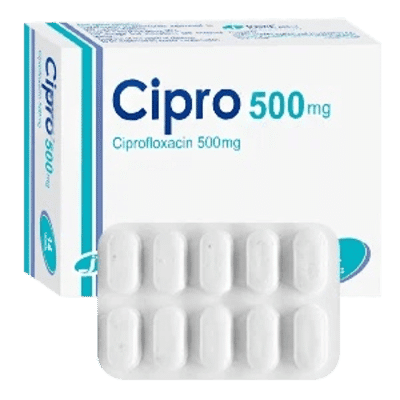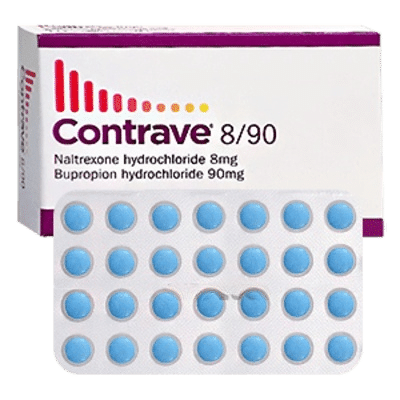I noticed a significant improvement after starting Zithromax. The medication really helped quickly overcome the symptoms of the infection, and after just a few days, I was already feeling much better. I didnt experience any noticeable side effects, which was also a pleasant surprise.

Zithromax
- Quality products
- Support 24/7
- Fast delivery
About this medicine
Zithromax is a macrolide antibiotic, also known as azithromycin. It is a semisynthetic form of erythromycin and has proven effective against a broad spectrum of microorganisms, both gram-positive and gram-negative. It has proven particularly effective against bacteria such as Staphylococcus, Streptococcus pneumoniae, and Haemophilus influenzae, as well as in the treatment of infections caused by pathogens such as Neisseria gonorrhoeae and Chlamydia trachomatis. Furthermore, it has demonstrated in vitro activity against Legionella pneumophila and Mycoplasma pneumoniae. Zithromaxs primary action is to inhibit bacterial protein synthesis, which prevents their growth and spread. This antibiotic is used to treat various infections of the respiratory tract, genitourinary system, and gastrointestinal tract.
Composition of the medicine
Zithromaxs composition is based on its active ingredient, azithromycin, which provides its therapeutic properties. In addition to azithromycin, the drug also includes excipients that enhance its tolerability and stability. These additional substances often vary depending on the dosage form: capsules, tablets, or suspension.
- Azithromycin is the active ingredient that provides the antibacterial effect.
- Microcrystalline cellulose is an additive used to improve the texture and ease of administration.
- Povidone is a substance often used in pharmaceuticals to improve the solubility of components.
- Silicon dioxide is a component that improves powder flowability and prevents clumping.
These elements, taken together, ensure the products reliable therapeutic action, guaranteeing its effectiveness and safety for most patients.
Usage and dosage
Zithromax should be taken as prescribed by your doctor to maximize effectiveness and minimize the risk of side effects. To achieve this, it is important to strictly follow the dosing schedule, even if infection symptoms begin to subside. Never stop treatment without consulting your doctor.
- Take a Zithromax tablet with a full glass of water to avoid esophageal irritation.
- To prepare a suspension, dissolve the contents of the packet in 62 ml of water, shake thoroughly, and take immediately.
- If using capsules, take them on an empty stomach – at least 2 hours before or after meals.
It is important to remember that adherence to the dosing schedule and instructions is essential for the effectiveness of this antibiotic and the prevention of bacterial resistance.
How does this medicine work?
Zithromax works by inhibiting protein synthesis in bacterial cells. This halts their growth and reproduction, effectively stopping the infection process. Azithromycin, as the active ingredient, penetrates the cells of pathogenic microorganisms and inhibits their ability to synthesize essential proteins, ultimately killing the microorganisms and restoring the patients health.
Zithromaxs effectiveness is due to its ability to accumulate in infected tissues, creating a high concentration of the active ingredient and providing targeted action against pathogens. This allows the drug to demonstrate excellent results in the treatment of infections of various etiologies, from respiratory to urogenital. Furthermore, the drug has a relatively low risk of side effects, making it a suitable choice for the treatment of adults and children, provided the dosage and doctors recommendations are followed.
Indications for use
Zithromax is recommended for various bacterial infections caused by susceptible microorganisms. It is widely used in clinical practice due to its broad spectrum of activity and high efficacy.
- Upper and lower respiratory tract infections, including tonsillitis and pneumonia.
- Urogenital infections, such as urethritis and cervicitis caused by Chlamydia trachomatis.
- Skin and soft tissue infections caused by susceptible microorganisms.
- Sexually transmitted diseases, including gonorrhea and early syphilis.
Due to its safety and efficacy profile, Zithromax is an important tool in the treatment of bacterial infections and is used in various medical fields.
Contraindications for use
Contraindications to Zithromax include cases of individual intolerance or allergic reactions to its components. Caution is advised and the drug should be avoided in the following conditions:
- Hypersensitivity to azithromycin, erythromycin, or any macrolides.
- Known allergic reactions to any of the drugs components.
- Severe liver failure, as this may significantly affect drug metabolism.
If any of the above contraindications are present, it is important to consult a physician to explore possible alternative treatments or medications.
Side effects
Like any medication, Zithromax can cause side effects. While most patients tolerate the drug well, some adverse reactions may occur that require attention.
- Digestive disturbances, such as nausea, vomiting, and diarrhea.
- Allergic reactions, including skin rashes and itching.
- Headaches and dizziness, which may be short-lived.
- Taste changes and loss of appetite.
If any of these symptoms occur, it is recommended to consult your doctor for an assessment and possible treatment adjustments.
Frequently asked questions
Zithromax Reviews and Experiences
My doctor prescribed this medication after I was diagnosed with bacterial pharyngitis. It turned out to be more effective than many other antibiotics Id taken before. I was a little worried about possible side effects, but my worries proved unfounded—everything went smoothly.
I used Zithromax to treat bronchitis as recommended by my doctor. At first, I was worried about stomach issues, but after strictly following the instructions, nothing happened. I feel great, and the treatment was very comfortable.








